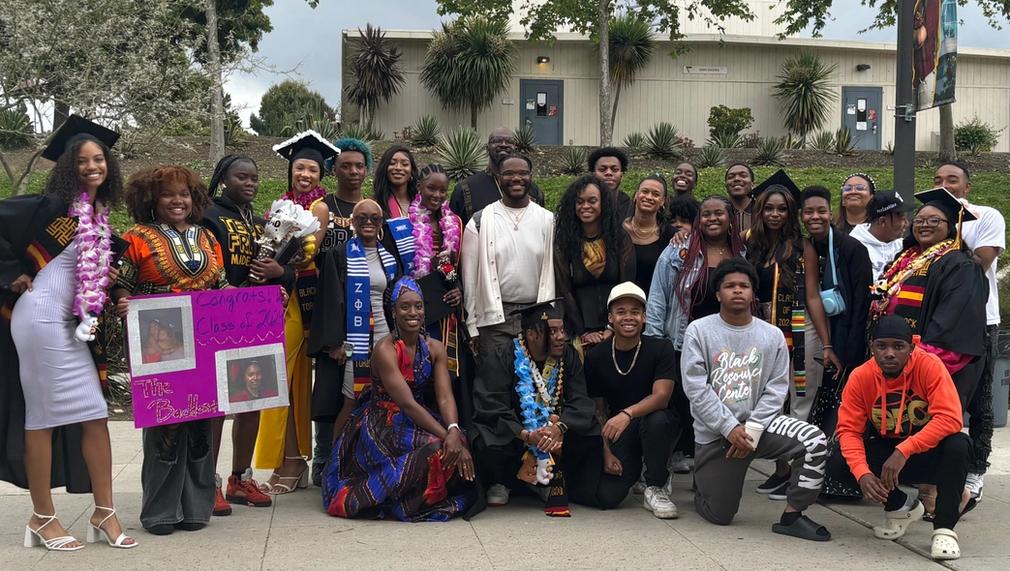The CEED Project
The CEED (Civic Engagement, Educational & Development) Project is a transformative initiative that empowers Black students at CSU Dominguez Hills to become socially conscious leaders through culturally rooted civic education and community engagement. By centering Black identity, lived experience, and collective liberation, CEED cultivates critical thinking, advocacy, and a commitment to justice. This program equips the next generation of changemakers to challenge systemic inequities and reimagine a more equitable Los Angeles.

What is the primary issue area that your application will impact?
Adult literacy
In which areas of Los Angeles will you be directly working?
South LA South Bay
In what stage of innovation is this project, program, or initiative?
Pilot or new project, program, or initiative (testing or implementing a new idea)
What is your understanding of the issue that you are seeking to address?
We recognize the intersection of systemic indifference, limited access to opportunities, and persistent resource disparities that impede the civic engagement and leadership development of Black youth, particularly students at CSU Dominguez Hills. Despite their resilience and cultural wealth, these students are often excluded from structured pathways that foster civic literacy, political participation, and social advocacy grounded in their lived experiences. This marginalization contributes to ongoing patterns of political underrepresentation and civic disengagement within Black communities. The CEED Project seeks to address this critical gap by piloting a culturally responsive, academically grounded initiative that cultivates leadership, critical consciousness, and community-based engagement. Now more than ever, it is imperative to invest in intentional programming that prepares Black students to navigate, challenge, and transform systems of inequity.
Describe the project, program, or initiative this grant will support to address the issue.
The CEED (Civic Engagement, Educational & Development) Project is a pilot initiative that will engage Black students at CSU Dominguez Hills in a year-long, culturally responsive civic leadership program. Grounded in Black cultural identity and community-based learning, CEED will include a series of interactive workshops, guest lectures, mentorship opportunities, and a capstone community action project. The curriculum will explore civic education through the lens of Black history, political movements, and social justice frameworks, while developing skills in public speaking, policy analysis, organizing, and advocacy. Students will be paired with local Black leaders, activists, and educators to foster intergenerational mentorship and real-world application. The CEED Project is unique in its focus on centering Black student experiences as vital to civic life, offering a safe, affirming space to grow as critical thinkers and community changemakers. By bridging academic insight with lived experience, CEED provides a transformative model for advancing Black civic leadership in Los Angeles.
Describe how Los Angeles County will be different if your work is successful.
If successful, the CEED Project will cultivate a new generation of Black civic leaders who are equipped to engage, advocate, and lead within Los Angeles County and beyond. In the short term, we will increase civic knowledge, confidence, and leadership capacity among Black students at CSU Dominguez Hills through targeted programming and community-based projects. In the long term, we envision CEED expanding into a replicable model for other CSU campuses and community colleges, creating a sustained pipeline of culturally grounded civic changemakers. As alumni of the program take on leadership roles in education, local government, and grassroots community organizing, Los Angeles County will benefit from more inclusive, representative decision-making that centers equity and justice. CEED aims to shift the civic landscape by embedding Black voices, histories, and visions for liberation into the future of Los Angeles.
Approximately how many people will be impacted by this project, program, or initiative?
Direct Impact: 30
Indirect Impact: 350